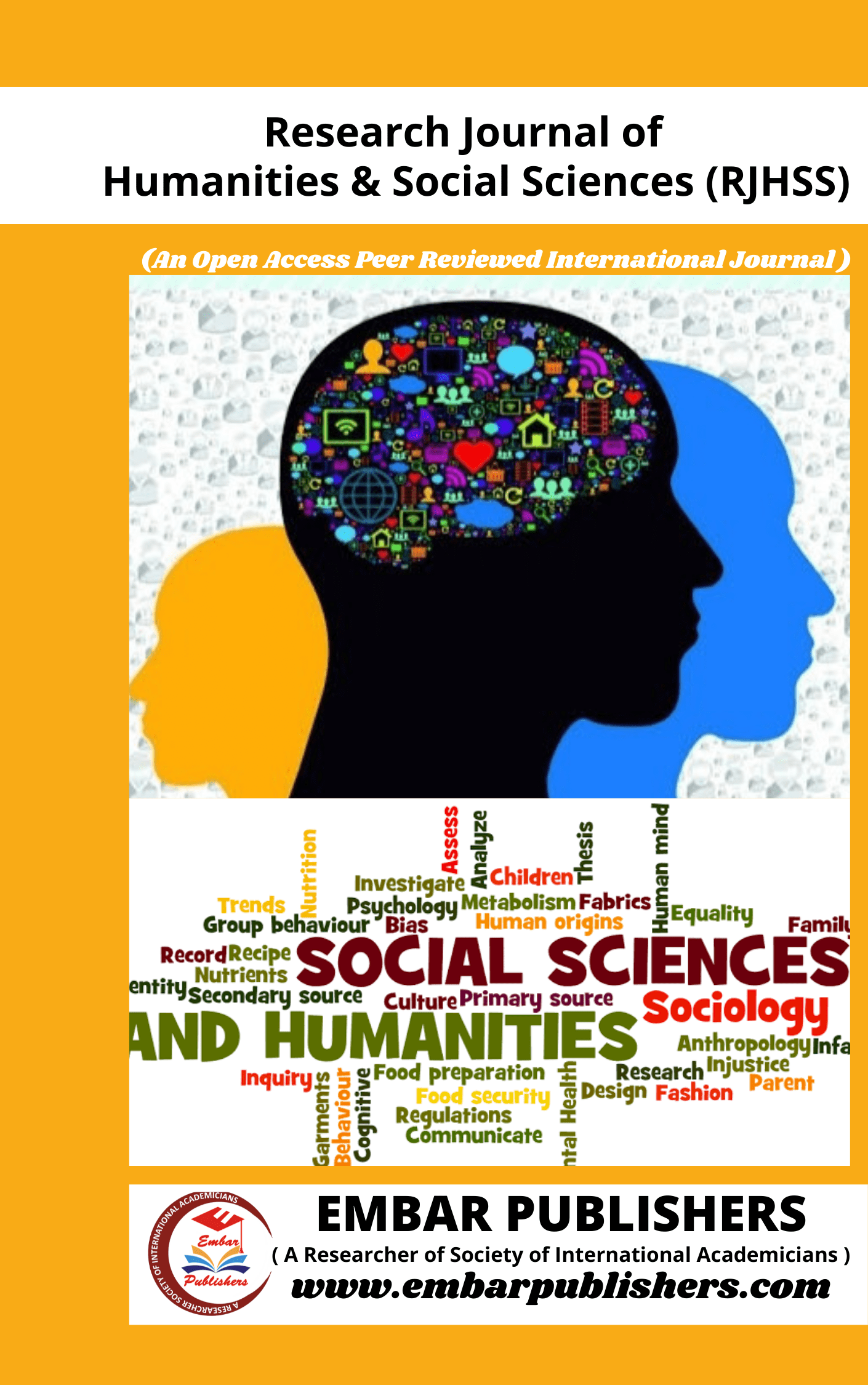
Cultural Influences on Language Acquisition: A Study of Islamic Communities in Multicultural Societies
Philamer Pedria
Associate Dean, College of Arts and Sciences, NONESCOST Department Head, AB English Language Studies Program, NONESCOST, Philippines
Published Date: 24-Aug, 2024
Keywords: Language Acquisition, Islamic Communities, Cultural Identity, Multilingualism, Acculturation
Abstract:
This paper explores the cultural influences on language acquisition within Islamic communities, particularly in the context of multicultural societies. The study examines how family practices, community interactions, and religious education shape language development in these communities, emphasizing the role of cultural identity in the process. Through a comprehensive review of language acquisition theories?including Behaviorism, Nativism, and Interactionism?the paper highlights the significance of cultural context in language learning. The challenges Islamic communities face, such as balancing cultural preservation with language acquisition and navigating acculturation stress, are analyzed alongside the impact of educational systems and language policies on language outcomes. A comparative analysis between monocultural and multicultural societies reveals that the societal attitudes towards Islamic culture play a critical role in determining the success of language acquisition and the maintenance of cultural and linguistic diversity. The findings underscore the importance of fostering inclusive educational practices and societal support to ensure that language acquisition processes are not only effective but also culturally affirming. This research contributes to the broader understanding of how cultural factors influence language learning and the importance of supportive environments in sustaining linguistic diversity.
References:

Journal: Research Journal of Humanities and Social Sciences
ISSN(Online): 2945-3968
Publisher: Embar Publishers
Frequency: Bi-Monthly
Chief Editor: Dr N.L.N Jayanthi
Language: English
ISSN(Online): 2945-3968
Publisher: Embar Publishers
Frequency: Bi-Monthly
Chief Editor: Dr N.L.N Jayanthi
Language: English
